Introduction
From New York to Nigeria, the question of who truly holds power remains central to the fate of nations: is it the people or the elites?
The recent victory of Zohran Mamdani, a Muslim and democratic socialist, in the New York City mayoral election represents more than an electoral success. It is a triumph of participatory democracy. His grassroots campaign, built on empathy, accountability, and citizen engagement, challenged the dominance of money and political machines. Ordinary people such as teachers, students, nurses, and first-time voters reclaimed ownership of politics.
For Nigeria, Africa’s most populous country, Mamdani’s story is both inspiring and instructive. As the nation approaches its 2027 general elections, the question is whether a political system long shaped by godfathers, patronage, and corruption can be transformed into one in which citizens drive the agenda.
Mamdani’s victory was achieved not through wealth or spectacle but through human connection. Volunteers engaged residents on pressing issues including housing, education, healthcare, and employment. His campaign demonstrated that democracy is not a ritual conducted every four years but a living process built on dialogue and accountability.
By contrast, politics in Nigeria is often treated as a zero-sum game, in which the few prosper while the majority remain powerless. Citizens are reduced to spectators in a system that rewards loyalty to elites rather than competence or integrity. Reversing this culture requires more than elections; it demands a moral and civic awakening. Politics must return to its true purpose, serving the people rather than self-interest.
Nigeria at a Crossroads
Nigeria stands at a historic crossroads. Corruption, weak institutions, and ethno-religious manipulation continue to undermine governance. Opportunists exploit these divisions to justify insecurity, insurgency, and misrule, creating crises that they later claim to solve.
The 2027 elections present a rare opportunity to break this destructive cycle. However, slogans and social media activism are insufficient. Real change requires ethical leadership, community-based mobilisation, and governance rooted in justice rather than personal gain.
The Nigerian political elite bears the greatest responsibility. Leaders frequently treat public office as a personal enterprise, enriching themselves while citizens suffer. This failure fuels terrorism, poverty, and despair. Leadership must be redefined as stewardship rather than ownership, as service rather than self-interest.
External Pressures and SovereigntyIn addition to domestic challenges, Nigeria faces growing external pressures. Former United States President Donald Trump’s suggestion of possible military action to protect Nigerian Christians illustrates a troubling pattern in global politics, where humanitarian language often masks strategic ambitions.
From an international studies perspective, such statements must be considered within the broader context of global power politics and resource-driven interventionism. History shows that Western powers have frequently used humanitarian justifications to pursue strategic interests in Africa. The 2011 NATO intervention in Libya, presented as a mission to protect civilians, ultimately resulted in regime change, state collapse, and foreign control over the country’s oil wealth.
Nigeria’s strategic importance, population size, vast oil and gas reserves, and geopolitical influence make it particularly vulnerable to interest-driven narratives. Even well-intentioned interventions risk reinforcing Western dominance in a region increasingly influenced by China’s investments and Russia’s security partnerships.
The Reality of Nigeria’s Insecurity
It is essential to recognise that both Muslims and Christians in Nigeria are victims of terrorism, insurgency, and state failure. Create groups such as Boko Haram and the Islamic State in West Africa Province (ISWAP) have targeted people across faith lines, destroying villages, displacing millions, and crippling local economies.
From 2009 to date, Nigerians of all religions have suffered attacks that transcend sectarian narratives. The conflict is less about religion and more about power, governance failure, and neglect. Framing it solely as the persecution of Christians oversimplifies a complex and tragic situation.
Many scholars argue that Nigeria’s insecurity has been deliberately sustained or exploited by domestic and foreign actors seeking to weaken state institutions, justify militarisation, and gain access to resources. Persistent corruption, inequality, and poor governance create fertile ground for both extremism and external manipulation.
Reclaiming Nigeria’s FutureNigeria’s greatest hope lies in its people, particularly the youth, who make up more than 60 per cent of the population. Civic participation, technology, and grassroots organisation can transform protest energy into sustainable governance reform.
The lessons from Mamdani’s grassroots victory offer a practical blueprint: Engage communities directly
Prioritise justice, transparency, and dignity.Reject patronage politics and embrace politics as service.At the same time, Nigeria must protect its sovereignty. External interventions often worsen instability rather than resolve it. True security will come only when Nigerians take ownership of their destiny, demanding accountability from leaders and resisting manipulation from both domestic elites and global powers.
The 2027 elections are not merely a contest for power; they are a test of Nigeria’s moral and political future. Will the nation continue with self-serving politics, or will citizens rise to build a system rooted in justice, dignity, and collective responsibility?Conclusion Zohran Mamdani’s story proves that grassroots movements can transform systems. Nigeria’s challenge is to adapt this lesson to its own realities, building a system defined not by wealth or patronage but by conscience, participation, and the courage to resist both internal corruption and external domination.
The equation can indeed change, but only if Nigerians, with unity and moral imagination, choose to change it.
ahmadeesir214@gmail.com




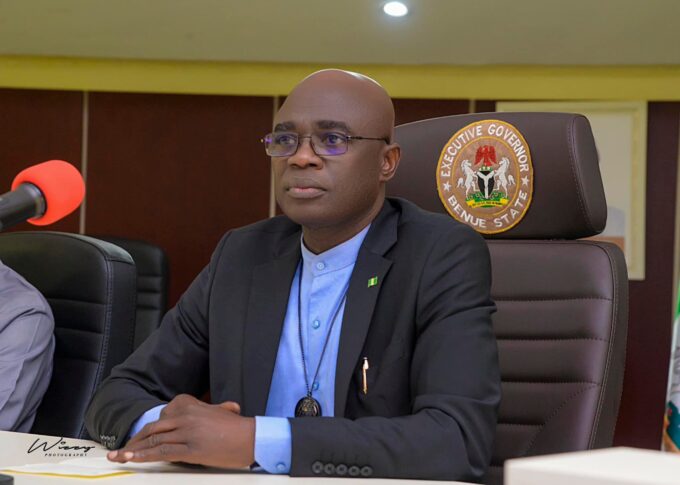
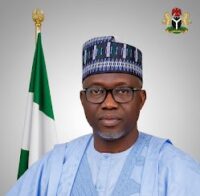

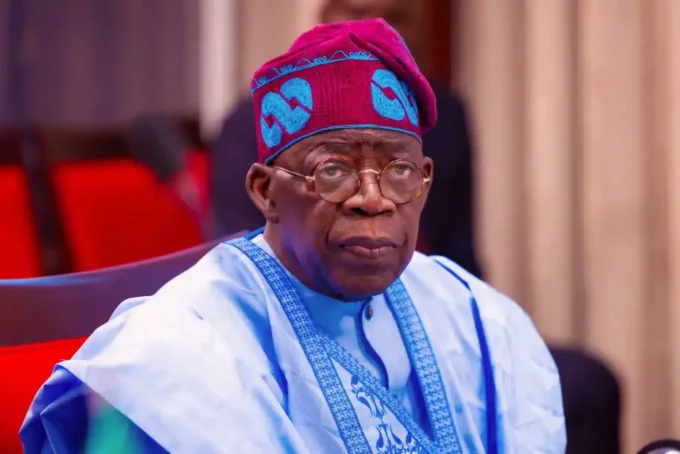

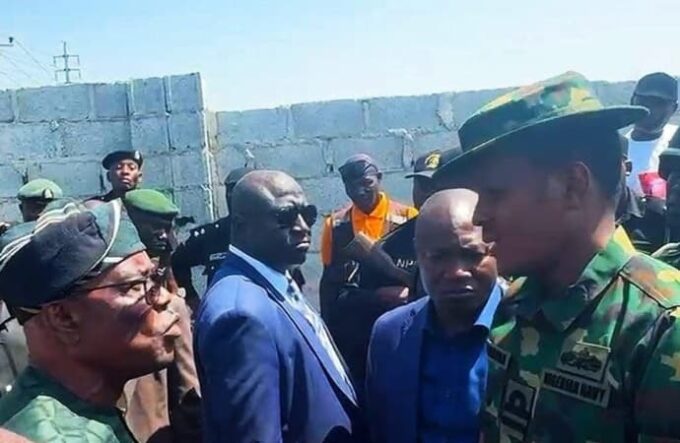


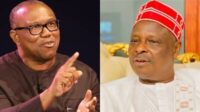

Leave a comment